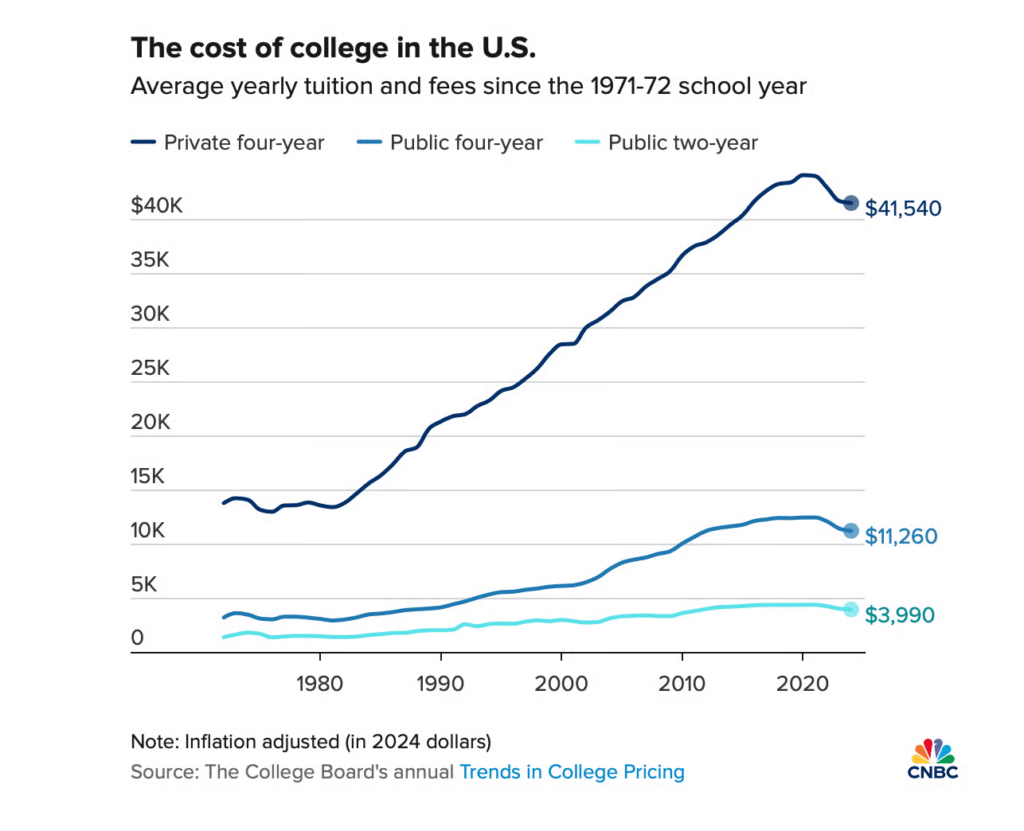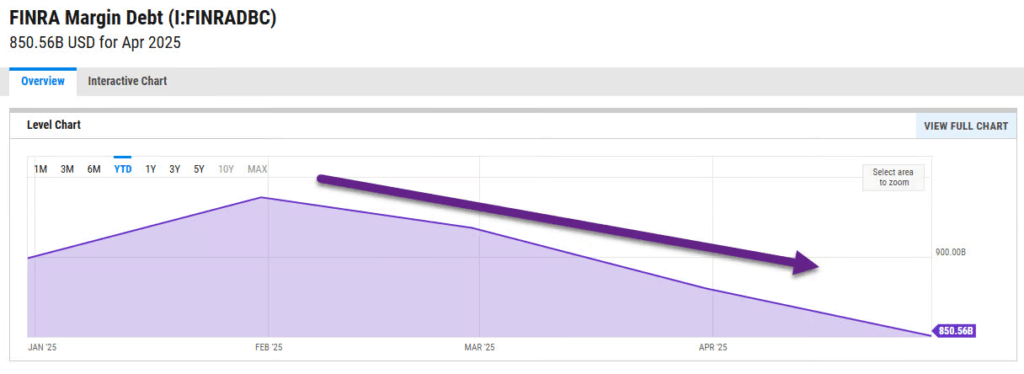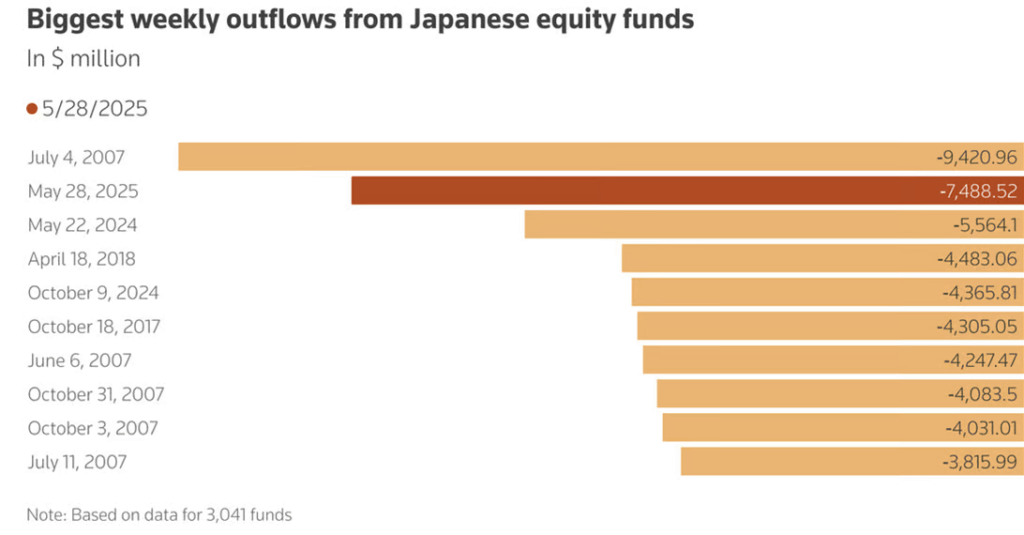1. Most Bullish Bounce Back from -20% Correction Ever
It’s worth noting how much of a historic run this has been after a 20% drawdown for the S&P 500. It’s on track to have one of the most bullish bounces ever from a 20% drawdown.

Source: Jurrien Timmer Eric Soda Spilled Coffee Blog https://www.spilledcoffee.co
2. Here is the Historical Forward Data Behind Above Chart
The NASDAQ 100 is just -2% below its all-time high. It was down -20% just 2 months ago. Historically, sharp rallies like this were bullish.

Zach Goldberg Jefferies
3. Biggest Volatility Crash in History

Charlie Bilello
4. AI Adoption Tracker
As for the AI adoption rate, analysts found that as of May, approximately 9.2% of U.S. firms reported using AI in the production of goods or services—up from 7.4% in 4Q24.

ZeroHedge
5. Palantir Retail Trading Favorite….More Trading Volume than Amazon
Amazon, for example, reported that it employed some 1.556 million people at the end of last year. Palantir’s roster was closer to a very large high school, at just 3,936, meaning that the e-commerce giant employs 395x as many people as Palantir, but its shares are less liquid. Even tech juggernaut Apple has been traded less than Palantir.

Sherwood
6. Polymarket Recession Odds Sinking

VettaFi
7. Most of Asia and Europe has Demographic Disasters Coming….Empty Homes

Michael A. Arouet
8. Foreign Buyers Step Back
NYT: Foreign buyers have long powered South Florida’s condo market, but many are now pulling out because of high interest rates, expensive prices and, more recently, restrictive immigration policies. The Miami Association of Realtors reports that home sales to foreign buyers dropped to 10 percent of all transactions in the region from August 2023 to July 2024, the lowest level since 2015 and a stark drop from 50 percent in 2018.
The study polled nearly 2,400 real estate agents in South Florida’s Miami-Dade, Broward, Palm Beach and Martin counties. Foreign buyers were defined as those who were not U.S. citizens and whose primary residence was abroad, as well as U.S. visa holders for at least six months and green card holders for less than two years.

NYT
9. The Cost of College in U.S. and the Proposed Cutting of Pell Grants

CNBC

CNBC
10. Focus Requires Subtraction
Via FS:Most people are too loyal to their distractions to ever meet their destiny.
The courage isn’t in taking on more, it’s in cutting off everything that doesn’t feed your goal.
Focus requires subtraction.






































